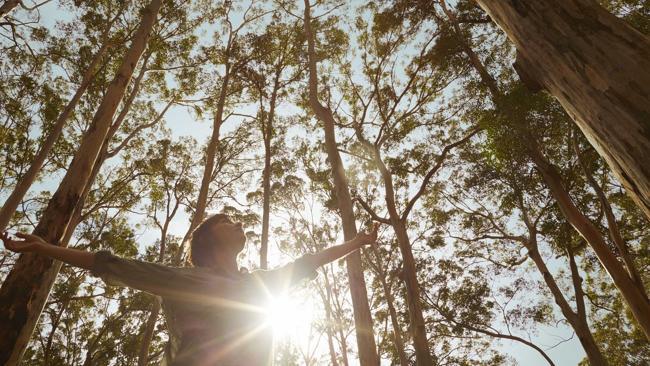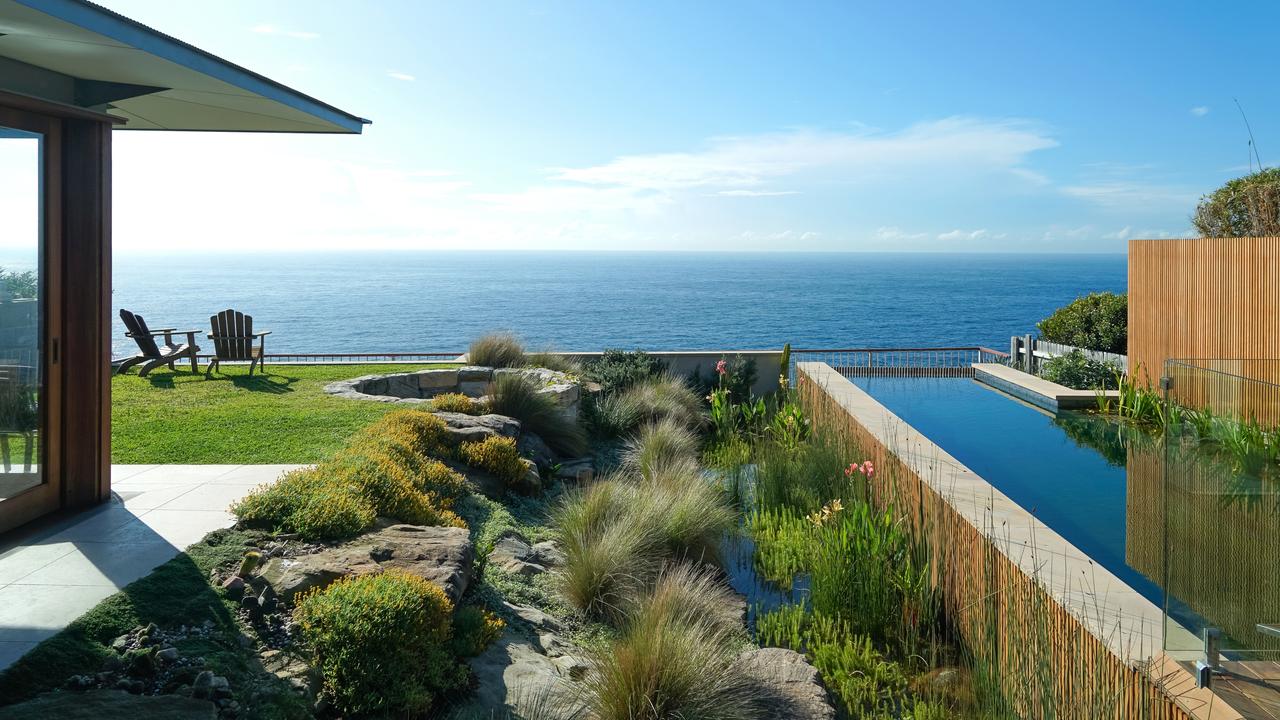Garden tips: rose mulch; lemons; lemongrass; groundcover weeds
Only reuse old garden mulch around hardy shrubs that aren’t susceptible to fungus, mildew and rust.

I removed last year’s pea straw mulch around my roses and replaced it. As my roses had black spot, can I reuse it in the garden or compost it?
HELEN WILLIAMS, CANBERRA
It is a good practice to remove old mulch, then spray roses and the surrounding soil with lime sulphur in winter to help kill fungal spores. Black spot only affects roses, but powdery mildew and rust affect many plants. You could use the mulch around hardy shrubs that aren’t susceptible to these. Most home composting does not get hot enough to kill fungal spores.
Our amazing lemon tree produces lots of nice fruit but the rind is very thick. Can we do anything?
JESS, PERTH
Lemons and grapefruit can develop thick skins as the trees get older and if left too long on the tree before picking. It can be a symptom of too much nitrogen and too little phosphorus. Citrus have high demand for a wide but balanced range of nutrients and trace elements. Use a fruit fertiliser based on poultry manure pellets, such as Dynamic Lifter Plus Fruit Food or Neutrog Gyganic For Fruit and Citrus. Apply a little every month.
The lemongrass I got from a friend’s rampant clump just stays yellow and goes nowhere, even after 18 months. It’s in a very large pot with good potting mix and fertiliser, in the sun. Any ideas?
COLIN THEAKSTONE, ADELAIDE
Lemongrass is a tropical plant that also grows in warm-temperate climates. It is dormant in winter so yours may have been recovering from dividing last summer, then just struggled through winter. Start applying weekly soluble fertiliser now.
I’ve struggled for 20 years with an indestructible groundcover weed. It has a purple and silver striped leaf and is rather fleshy. How can I be rid of it?
CHRIS HOGAN, BRISBANE
Tradescantia zebrina is an environmental weed in north Queensland but sold as a decorative plant elsewhere. It’s closely related to the common weed trad (formerly wandering jew). As they both regrow from fragments left after you clear it, persistent follow-up is the secret to eradication. Chickens will seek and destroy every skerrick. It’s not very susceptible to glyphosate. Layers of newspaper (about eight sheets thoroughly wetted), under mulch, are effective at smothering it, but you need to patrol around the edges.
Send your questions to: helenyoungtwig@gmail.com or Helen Young, PO Box 3098, Willoughby North, NSW 2068. Web: helenyoung.com.au. The best question for October wins a $100 hamper of Seasol products including Seasol Planting Gel, PowerFeed for Vegies, and Super Soil Wetter and Conditioner. September’s winner is Bernadette Hendry of Brisbane for her question about growing berries.
* * *
FLORA
We know it’s important to stop cutting down trees and to keep planting them, but how many trees are there on our planet?
The answer is more than three trillion, according to ecologist Thomas Crowther, which is more than seven times the previous estimate of 400 billion.
The study, published in Nature magazine, used data from more than 400,000 existing ground-based counts, merged with satellite imagery to more accurately estimate tree densities.
Scientists also estimated that that around 15 billion trees are cut down each year, with only five billion replanted, and that since the onset of agriculture around 12,000 years ago the worldwide tree population has halved.



